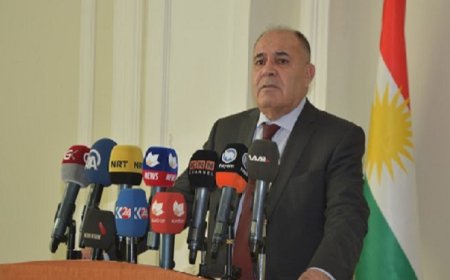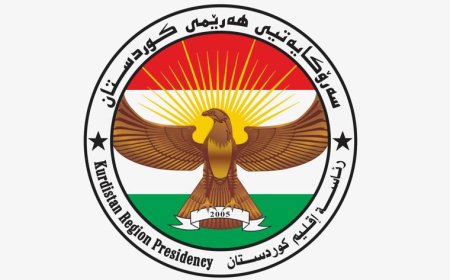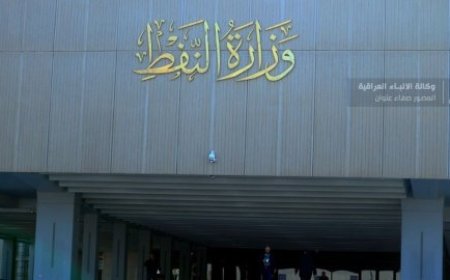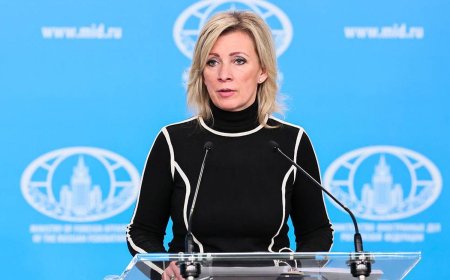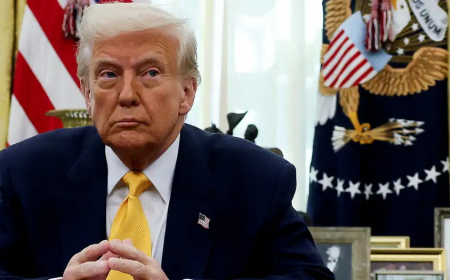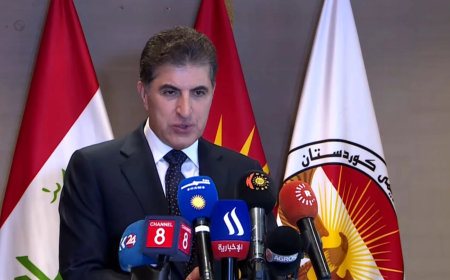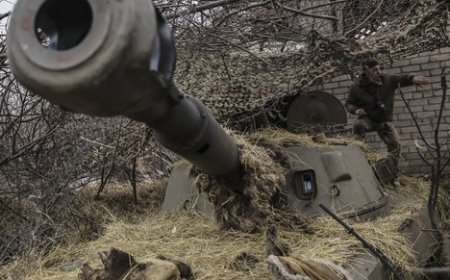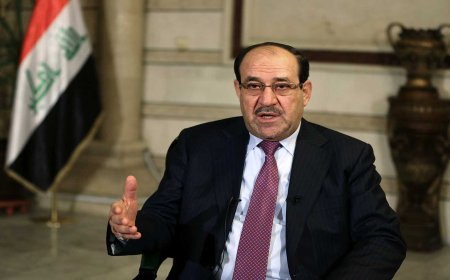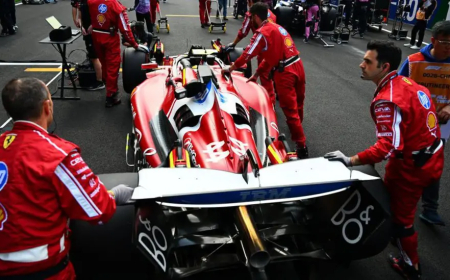U.S. Tariffs and the 50501 Movements: Could Reshape Iraq and the Kurdistan Region’s Economy
By Halat Laz

The winds of global trade are shifting, and Iraq and the Kurdistan Region find themselves at the heart of these changes. As the United States raises tariffs on steel, aluminum, and technology imports, the ripple effects are being felt across economies that rely on international trade. For Iraq, where oil revenues make up more than ninety percent of the national budget, the consequences could be severe.
A global slowdown, triggered by reduced trade, could weaken oil demand, pushing prices down and tightening the government's fiscal space. The last time trade tensions escalated between the U.S. and China, oil prices tumbled from eighty-six dollars per barrel to just fifty within months. If history repeats itself, vital infrastructure projects could stall, public sector salaries might be delayed, and economic stability could become uncertain.
With costs rising, businesses in Kurdistan that depend on American machinery and technology will need to find alternatives. The increase in tariffs means that essential goods will become more expensive, placing additional pressure on industries that rely on imports. But where there are challenges, there are also opportunities.
As the cost of trade with the U.S. rises, Iraq and the Kurdistan Region have a chance to deepen ties with other key partners. China has already positioned itself as Iraq’s largest trading partner, with annual trade exceeding fifty-three billion dollars. With European investors reevaluating their approach to global markets, there may be room to attract long-term commitments in infrastructure, logistics, and renewable energy.
Amidst these economic shifts, a movement known as 50501 is gaining momentum. It is a global push toward self-reliance, a rejection of dependency on foreign imports, and a call for stronger local industries. For Iraq and Kurdistan, this movement presents an opportunity to strengthen domestic manufacturing and agriculture. The agricultural sector, which currently contributes only a small fraction to GDP, holds enormous untapped potential. Encouraging local production, offering incentives to businesses, and reducing reliance on external supply chains could transform this challenge into a moment of economic empowerment.
But small businesses in Kurdistan face an uphill battle. Many of them rely on imported goods, and as costs rise, their margins will shrink, making it harder to remain profitable. Consumer prices are expected to increase, and without policy intervention, economic pressure could mount. The Kurdistan Regional Government has an opportunity to intervene offering tax breaks for businesses that source materials locally, subsidizing production costs, and introducing financial support programs that help small businesses weather the storm.
At a broader level, economic diplomacy will play a crucial role in navigating these changes. President Nechirvan Barzani has long positioned Kurdistan as an essential trade and investment hub in the region. His diplomatic efforts have strengthened ties with Turkey, Gulf nations, and China, ensuring continued trade and economic cooperation. As the U.S. focuses inward and shifts its global priorities, Iraq and Kurdistan will need to secure alternative trade agreements that provide long-term stability.
A prolonged economic slowdown could have lasting effects, delaying major development projects and affecting government spending. With reduced oil revenues, social services could come under strain, and reliance on a single revenue stream may become an even greater vulnerability. But there is a way forward. By diversifying into tourism, technology, and local manufacturing, policymakers can build an economy that is more resilient to global shocks. If Iraq and Kurdistan act decisively, they can turn these trade disruptions into a catalyst for economic transformation, reducing dependency on oil and fostering new industries that will sustain them for decades to come.
